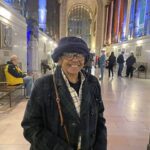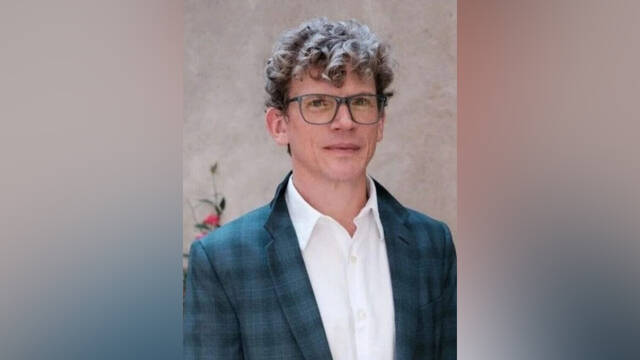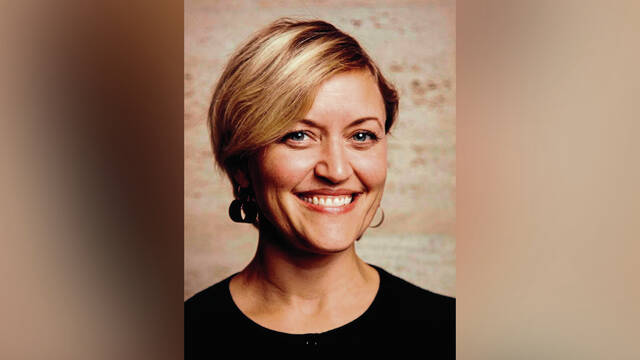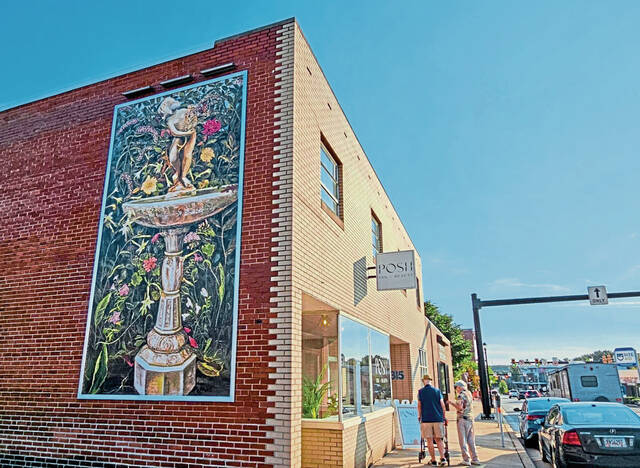On a whim 25 years ago, Guyana native Jonnet Solomon and the late Miriam White purchased the Homewood building that once housed the National Negro Opera Company. Since then, Solomon has taken on the preservation of the building while continuing the legacy established by its founder, Mary Cardwell Dawson.
“Every day is overwhelming. It is such a great task,” said Solomon, who is now executive director of the National Opera House. “We (Black people) have always been here in these spaces. It is about educating people that Black people have a place in classical music.
“The legacy is also about giving people with talent access and opportunity,” Solomon said.
Cardwell Dawson founded the NNOC in 1941 at 7101 Apple St. in the Victorian-style home, propelling the careers of Black musicians and singers. Through their first performance of Verdi’s “Aida” at the Syria Mosque in Pittsburgh, the only all-Black cast gained national recognition, touring in places like Chicago, Washington, D.C., Detroit and New York. The powerful moment is now permanently etched in American opera history.
In 1994, the building was given a historical marker.
On Monday, during the opening reception of the National Negro Opera Company exhibit — on display until Feb. 28 — a proclamation was read declaring Feb. 3 National Negro Opera Company and National Opera House Day.
The display will highlight Mary Cardwell Dawson’s life and work, the legacy of the National Negro Opera Company, and the cultural influence of both the NNOC and the Cardwell Dawson School of Music. The exhibit features contributions from the Library of Congress, the Carnegie Library, the National Opera House and the Carnegie Museum of Art.
“The goal now is to start sharing more about the history and the legacy of the National Negro Opera Company,” said Khalif Ali, a member of the board of directors of the National Opera House.
“It feels great to witness history and be part of it,” said Lauryn Davis, a resident artist with the National Opera House.
Davis is especially inspired by Cardwell Dawson’s legacy. “It gives me hope to continue and push, even though it is very hard as a Black woman in this classical world to make a name for yourself, be taken seriously and make waves in the industry,” she said.
Currently, the National Opera House is open for tours, but the building is not yet completely stabilized and does not yet include a restroom, according to Solomon, so it is not open for events. She can only move as fast as the funding will allow her.
Kauthar Abdul, a resident of Hazelwood, brought her son and daughter to the opening reception. Abdul, who is not from Pittsburgh, was excited to learn about the existence of the NNOC.
“Music has this way of healing and pulling people through, especially in the context of Black people. Music has gotten us through trials and tribulations,” she said.
DeAnna Davis has been vice chair of the board of directors for National Opera House for the past five years. Davis said there have been ups and downs with getting people involved and raising money. She hopes that the opera house continues to let generations to come know and understand what Black people were all about.
Ali became involved in the preservation about 15 years ago. Then, it was about preservation and maintaining the structure. Now, it is about awareness and the acknowledgment of the importance of the role it has played in African American history in general, but more specifically here in Pittsburgh.
“To finally get the recognition that the city has given us is huge,” Ali said. “People are very worried about Black History Month not being a thing anymore, but in our minds, we believe that the history resides within all of us. The important part is to be able to share it … because if you don’t share it, then nobody will be able to celebrate it.”
For more information, visit pittsburghpa.gov.

















